Cloud ERP Systems: Features, Advantages, Disadvantages and Case Study
VerifiedAdded on 2023/06/06
|16
|1173
|214
Presentation
AI Summary
This presentation provides a comprehensive overview of Cloud ERP systems, which integrate Enterprise Resource Planning (ERP) software with cloud computing technology. It highlights the features of ERP, such as streamlining business processes and enhancing customer relationship management, as well as the advantages and disadvantages of both ERP and cloud computing. The presentation details the features of Cloud ERP software, including ease of use, customization, flexibility, and integration capabilities. It also discusses the advantages of Cloud ERP systems, such as reduced IT support, cost-effectiveness, and disaster recovery planning, along with disadvantages like integration issues and data migration challenges. A case study of Living Proof is presented, illustrating the successful implementation of Cloud ERP and its positive impact on revenue and sales. The presentation concludes that Cloud ERP systems offer valuable software applications through shared resources, reducing upfront costs and providing significant benefits, despite some limitations.
1 out of 16
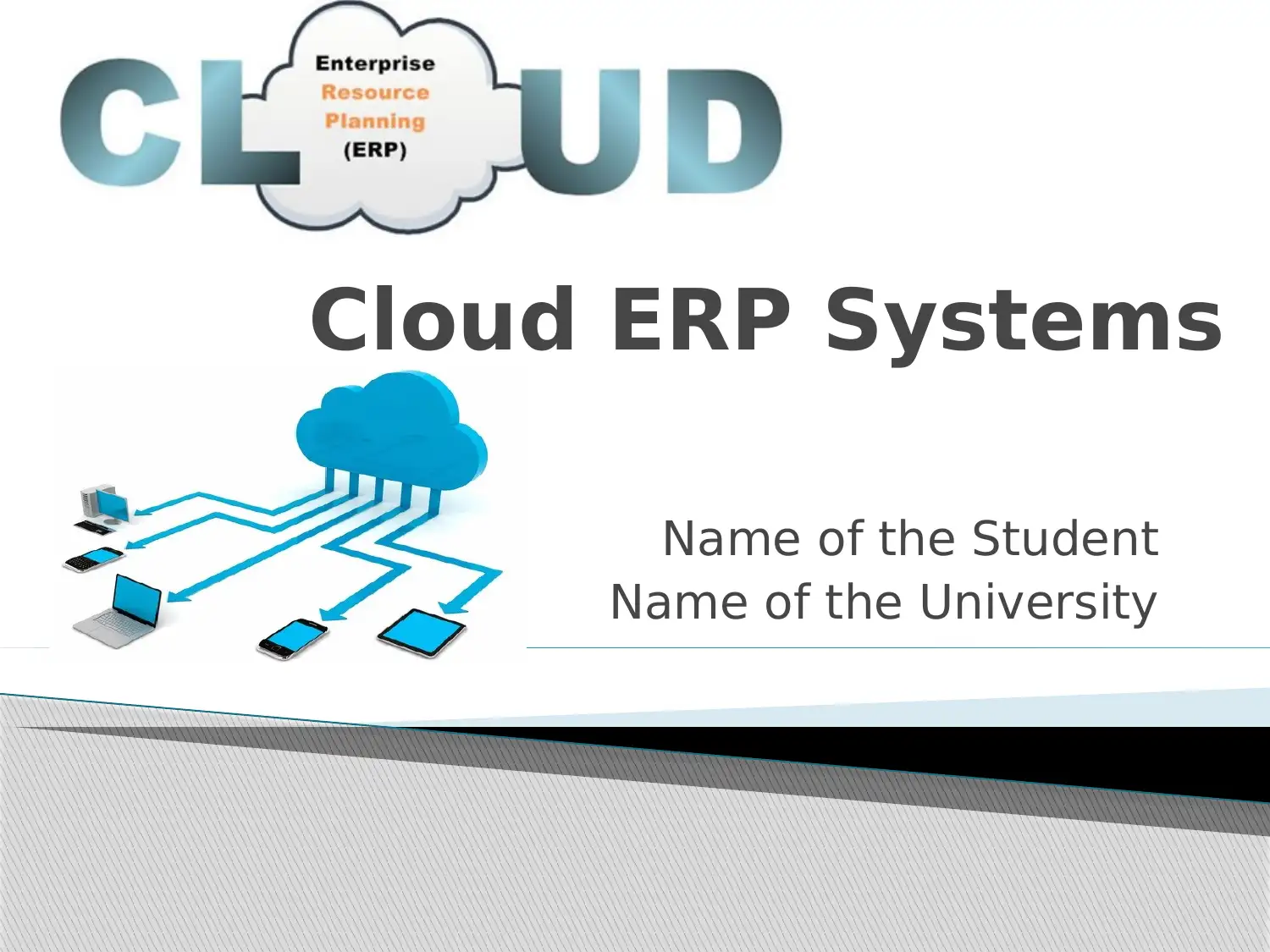
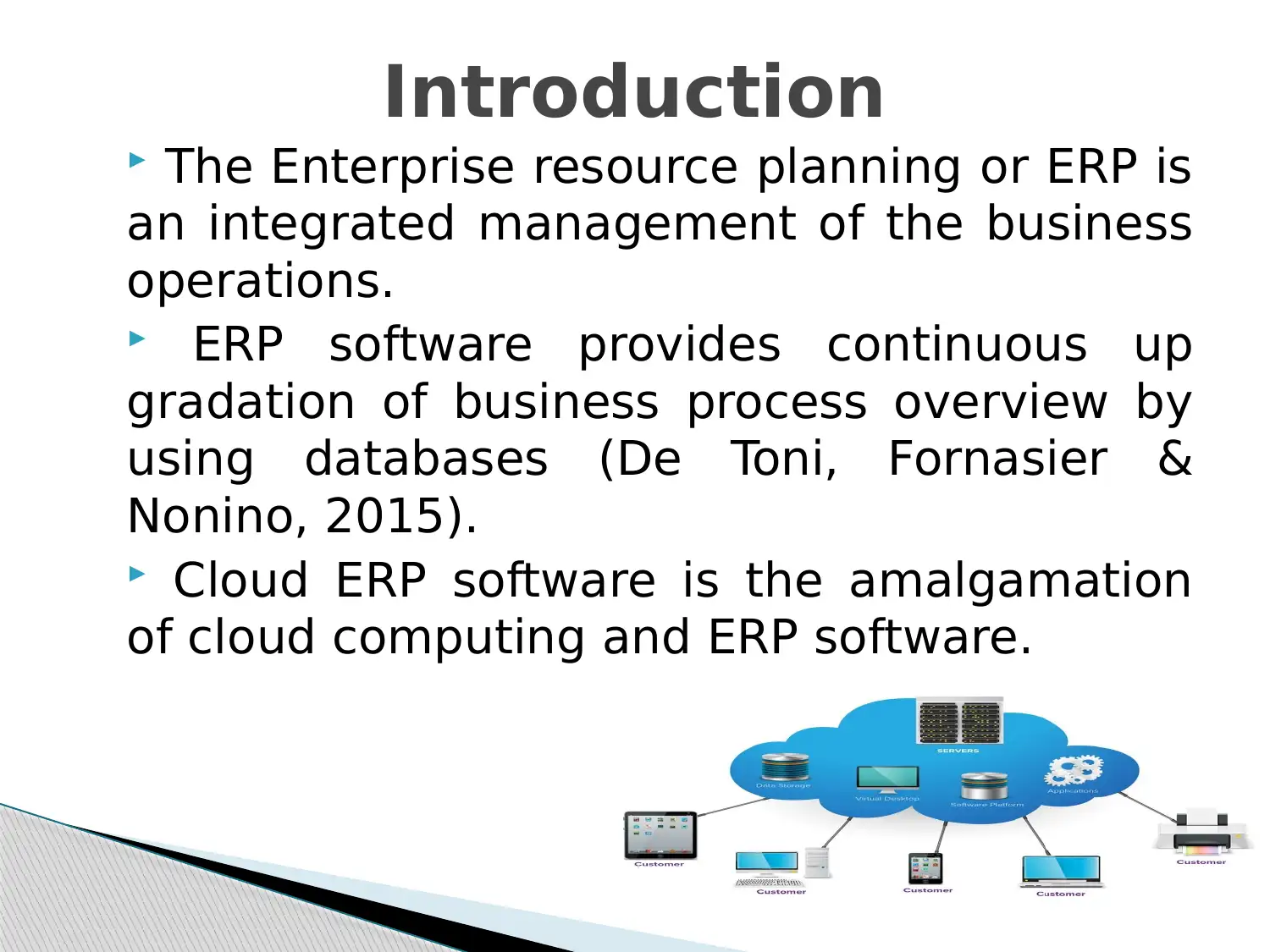
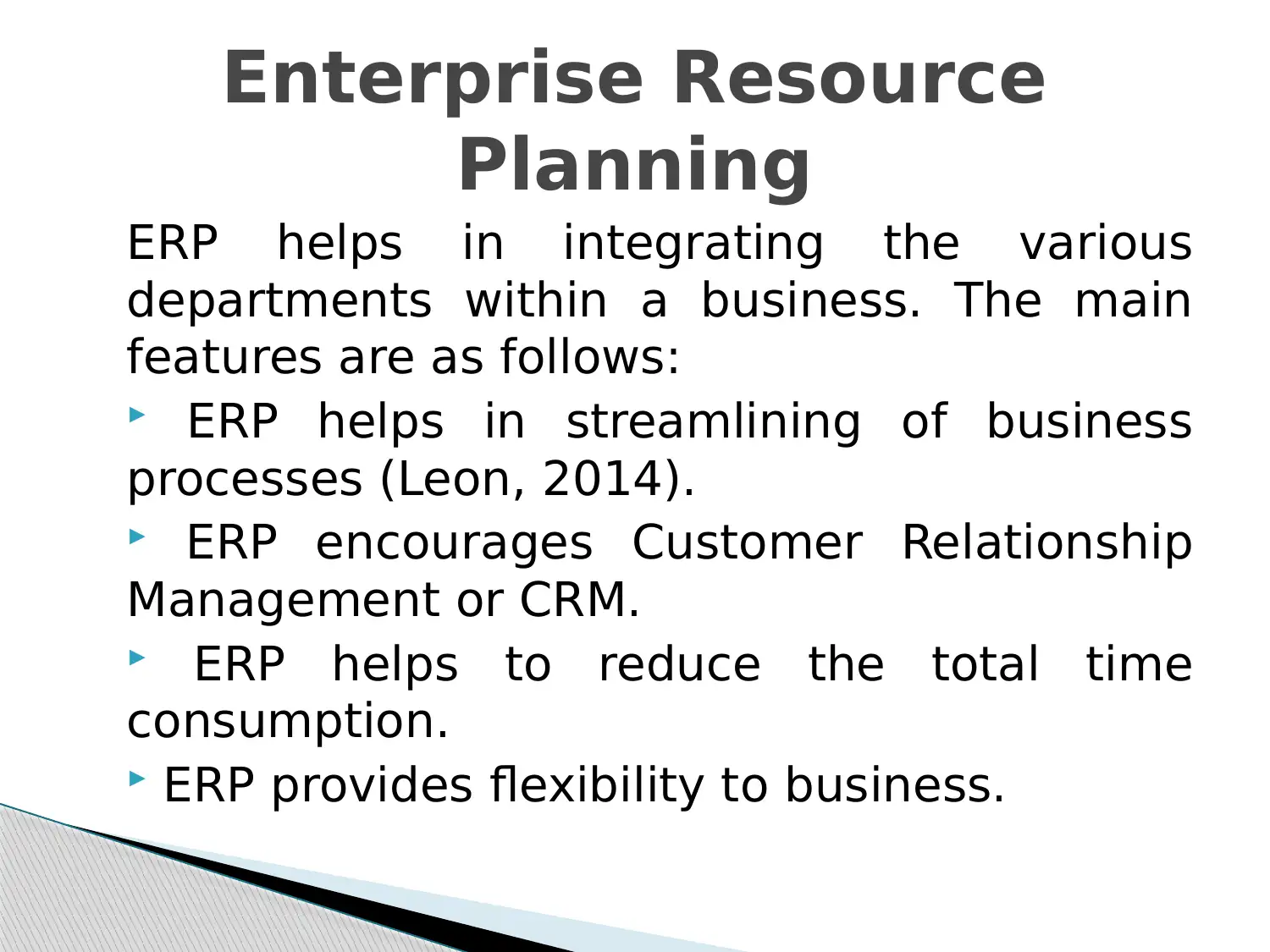

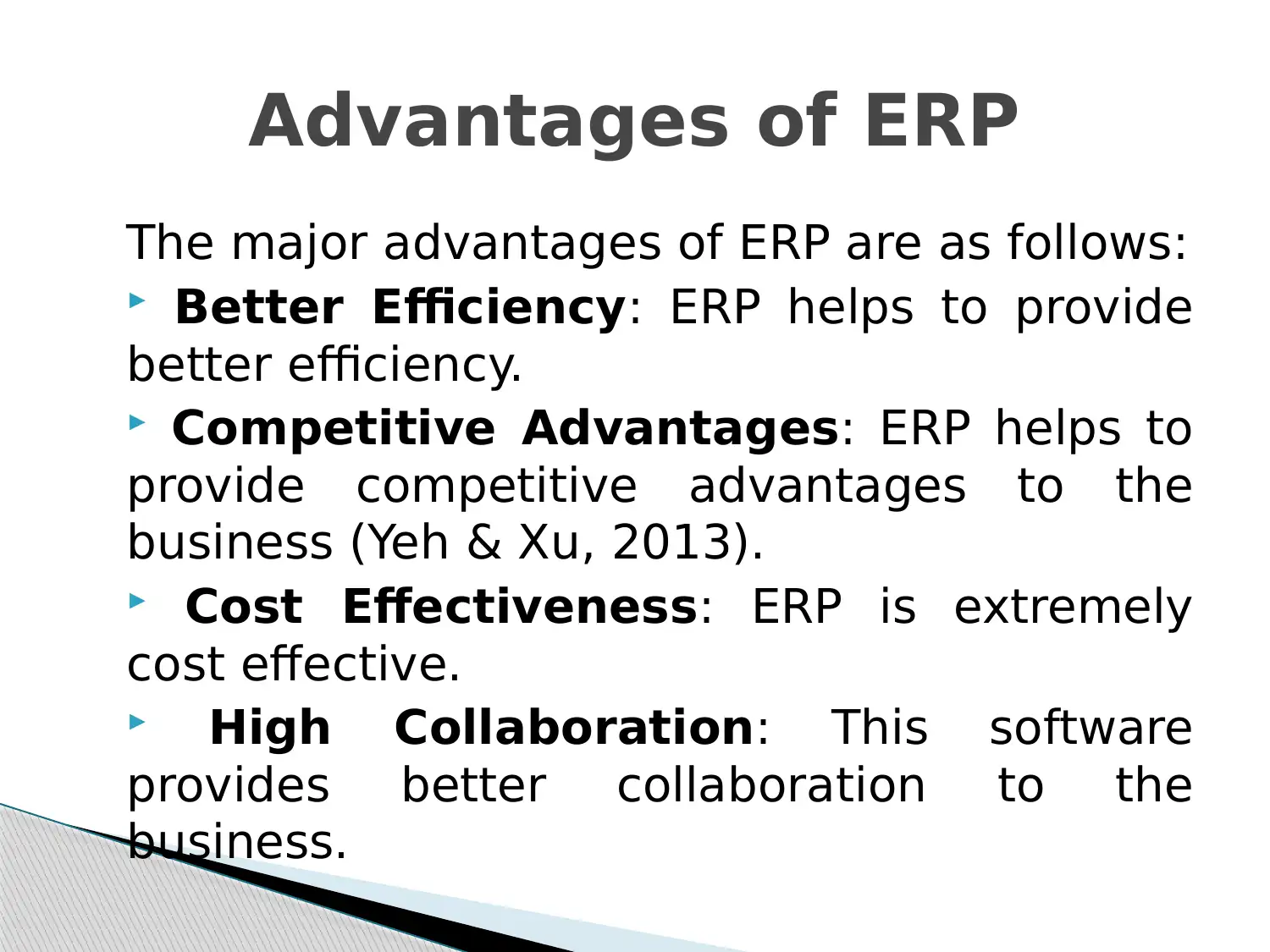
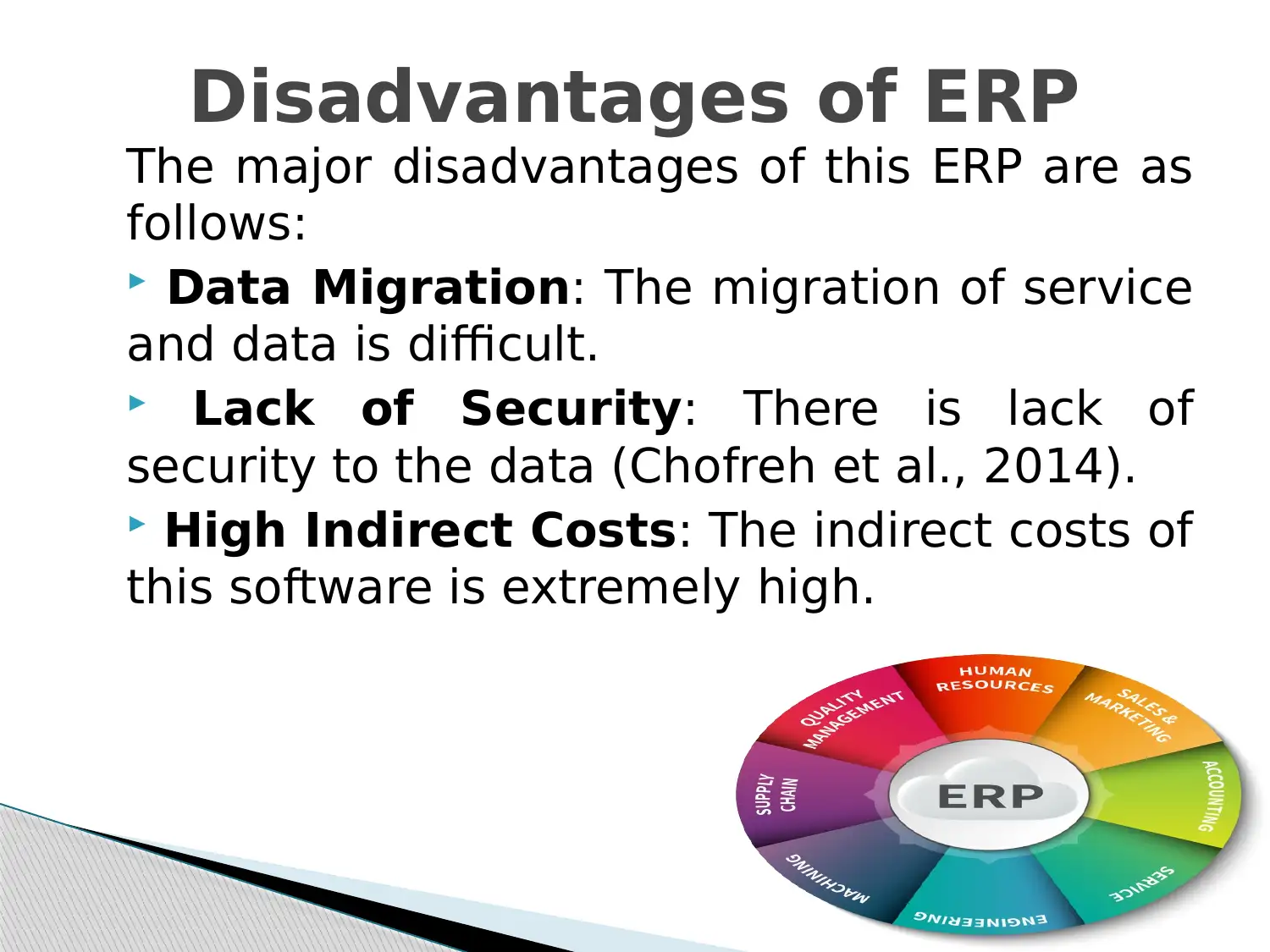
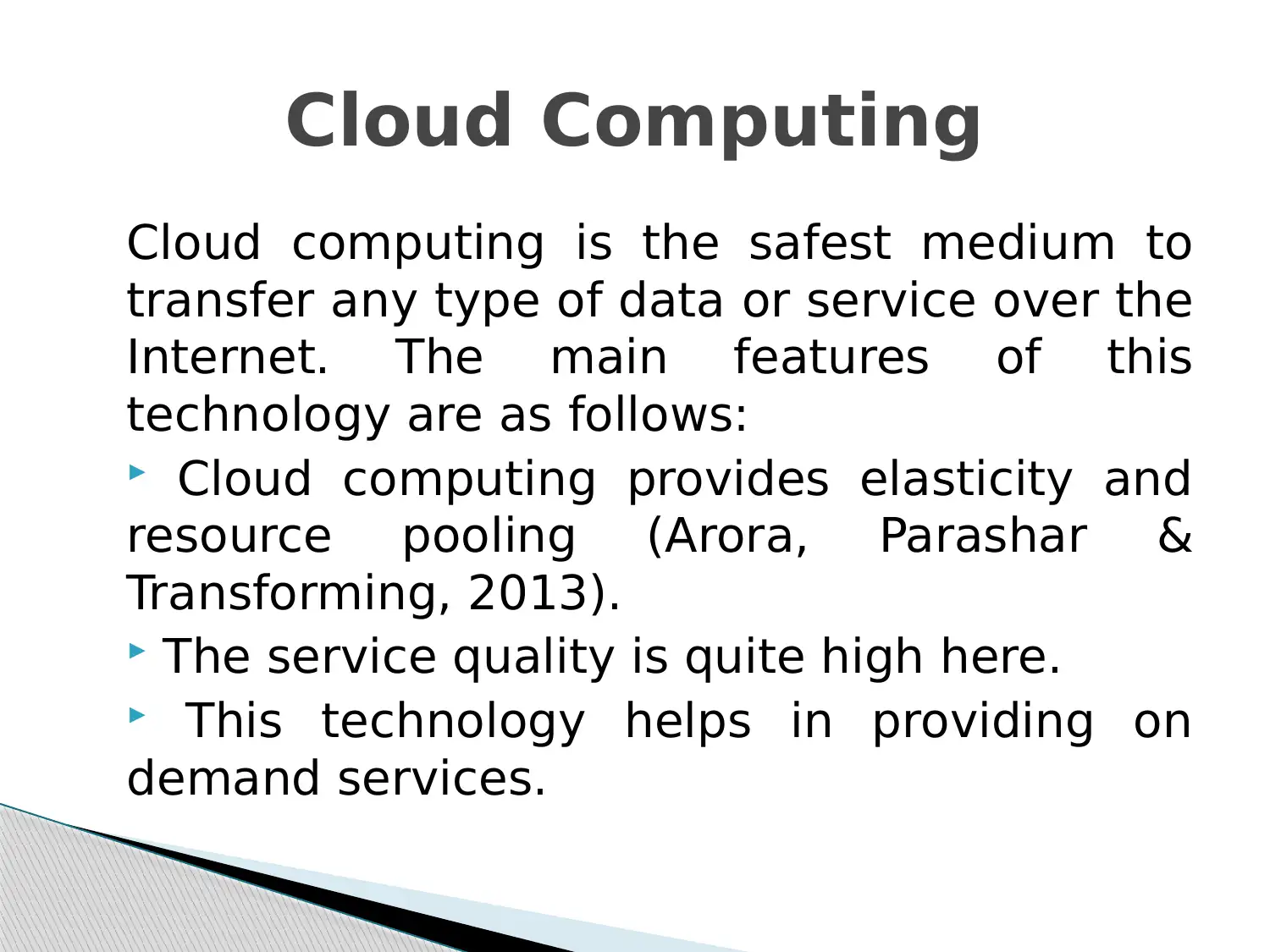
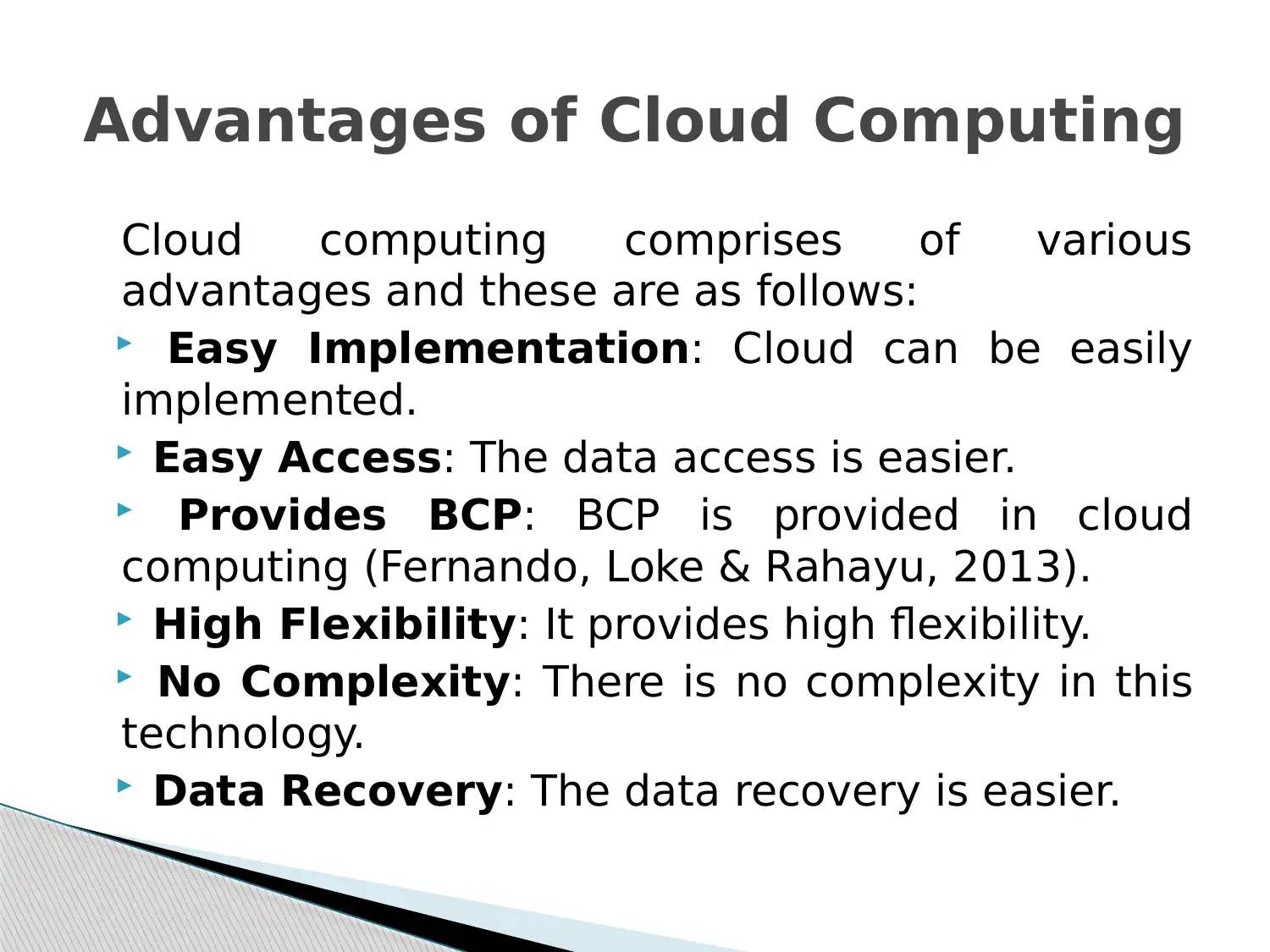
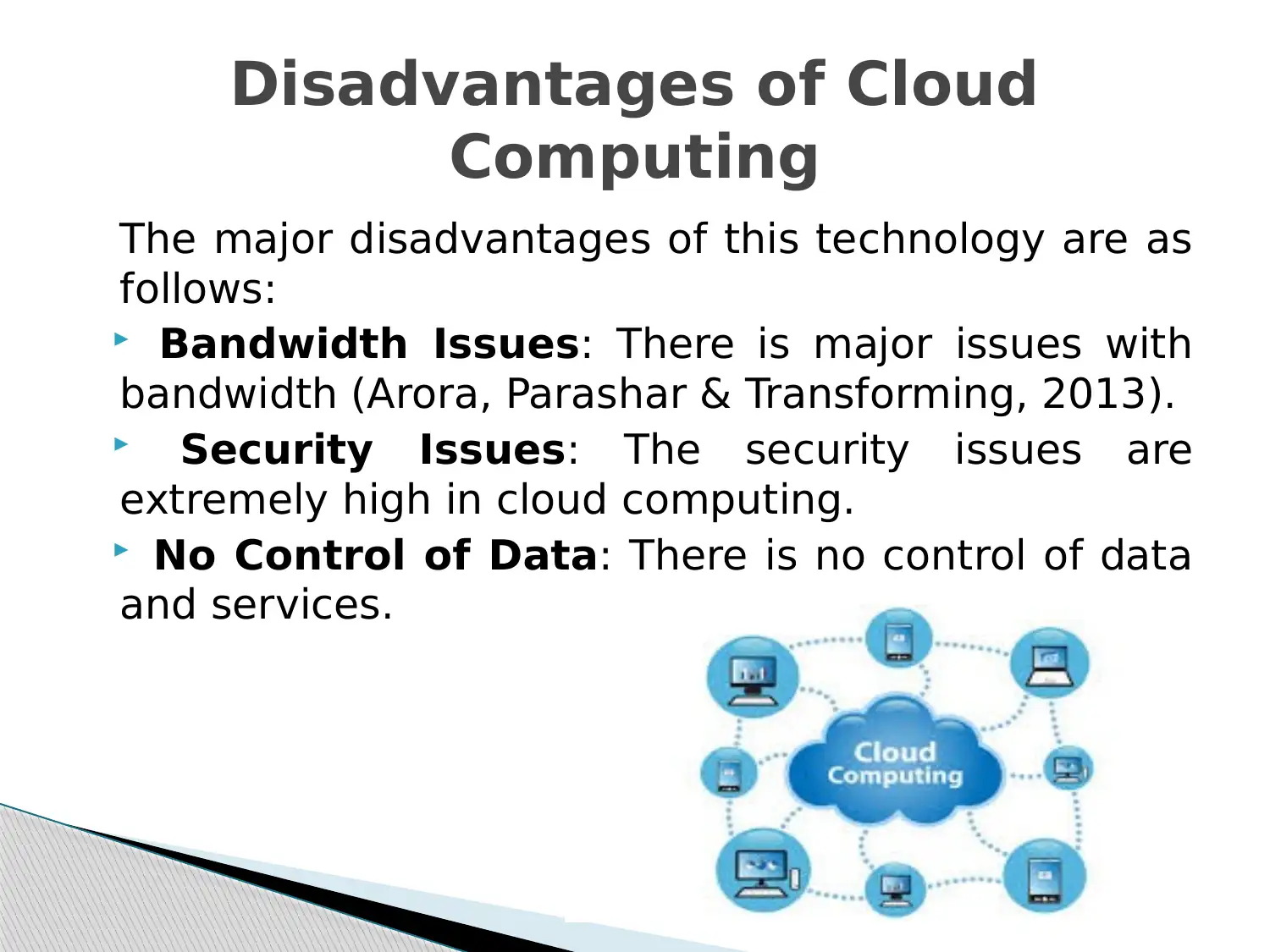
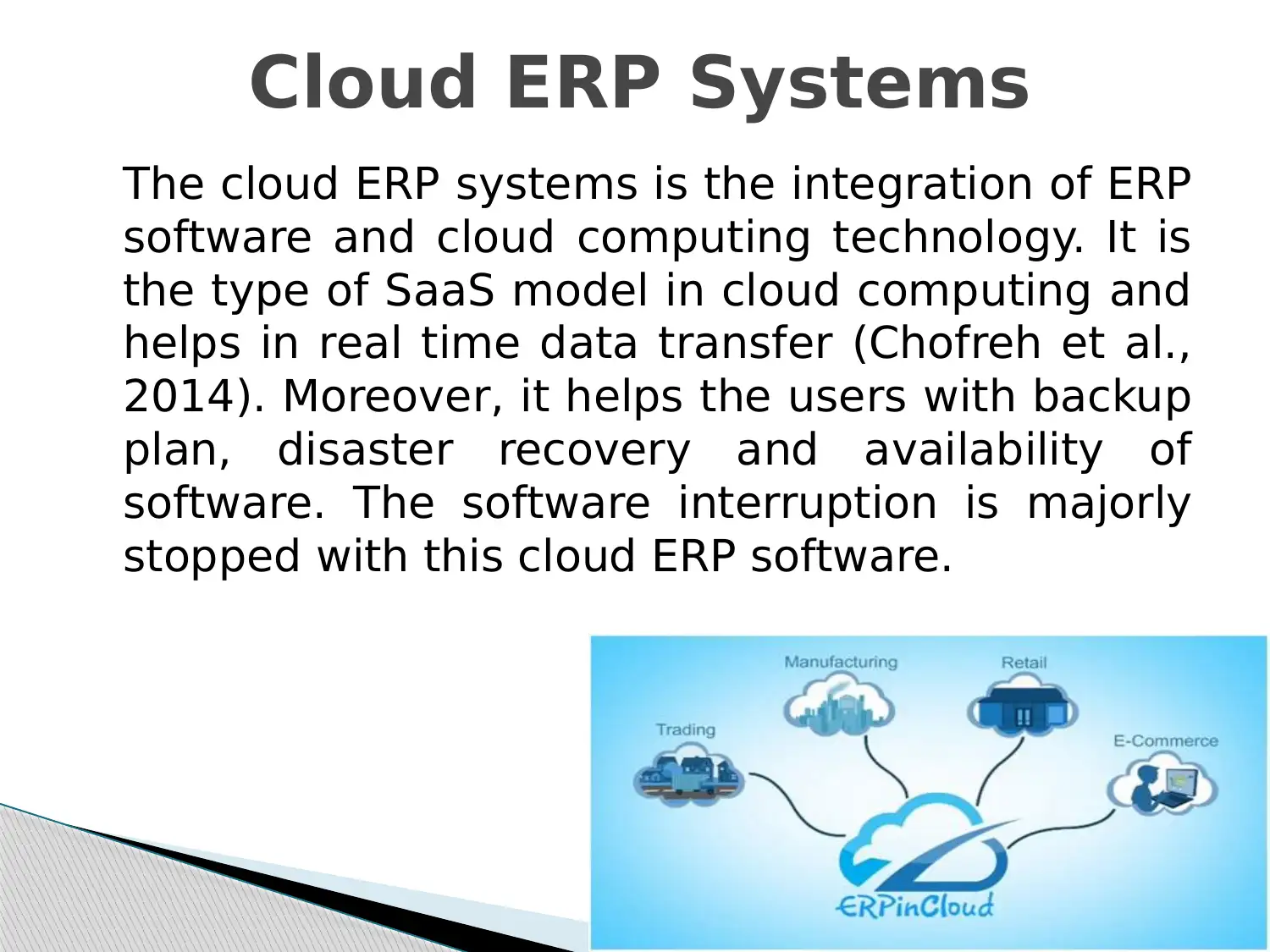
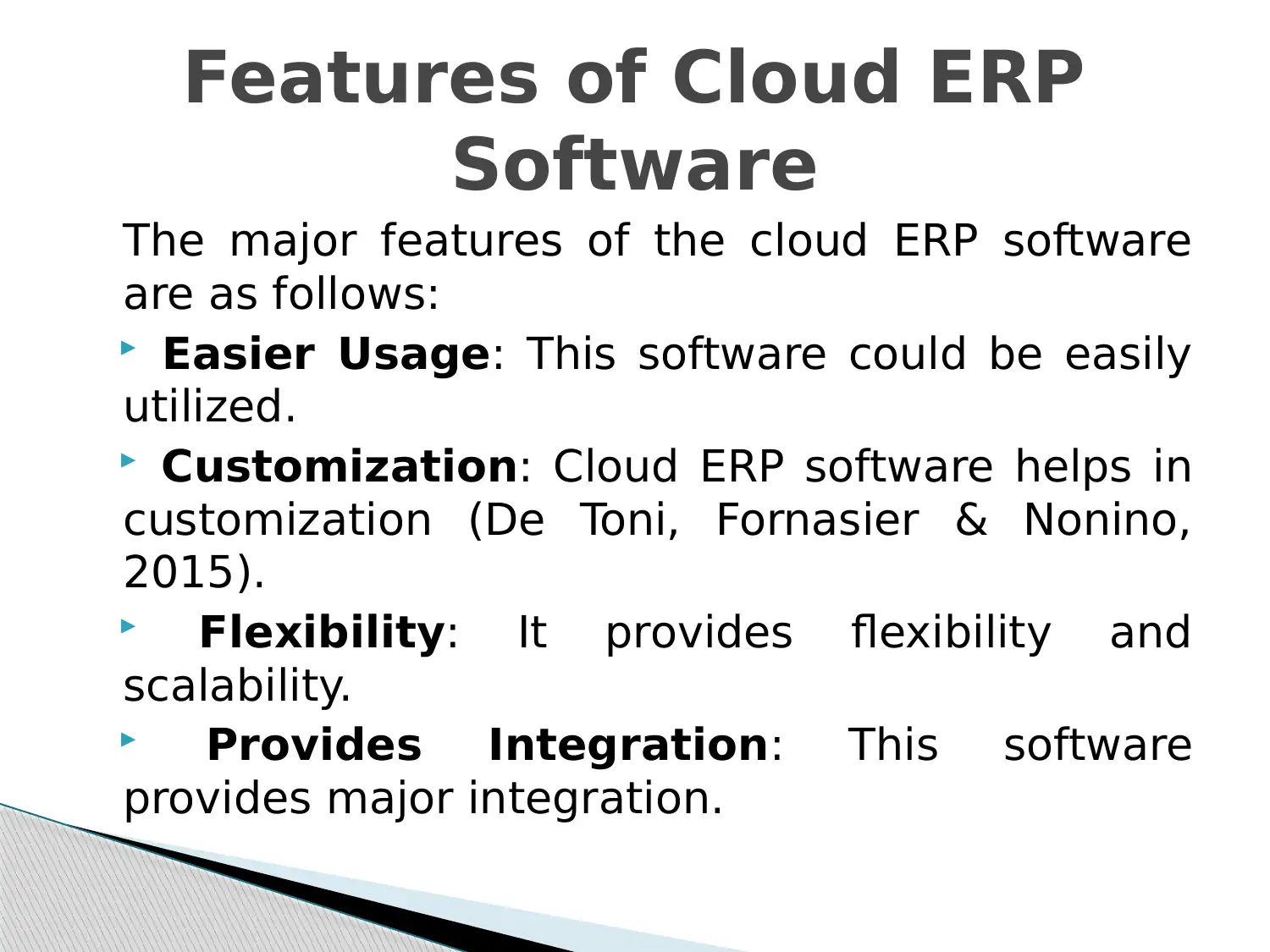
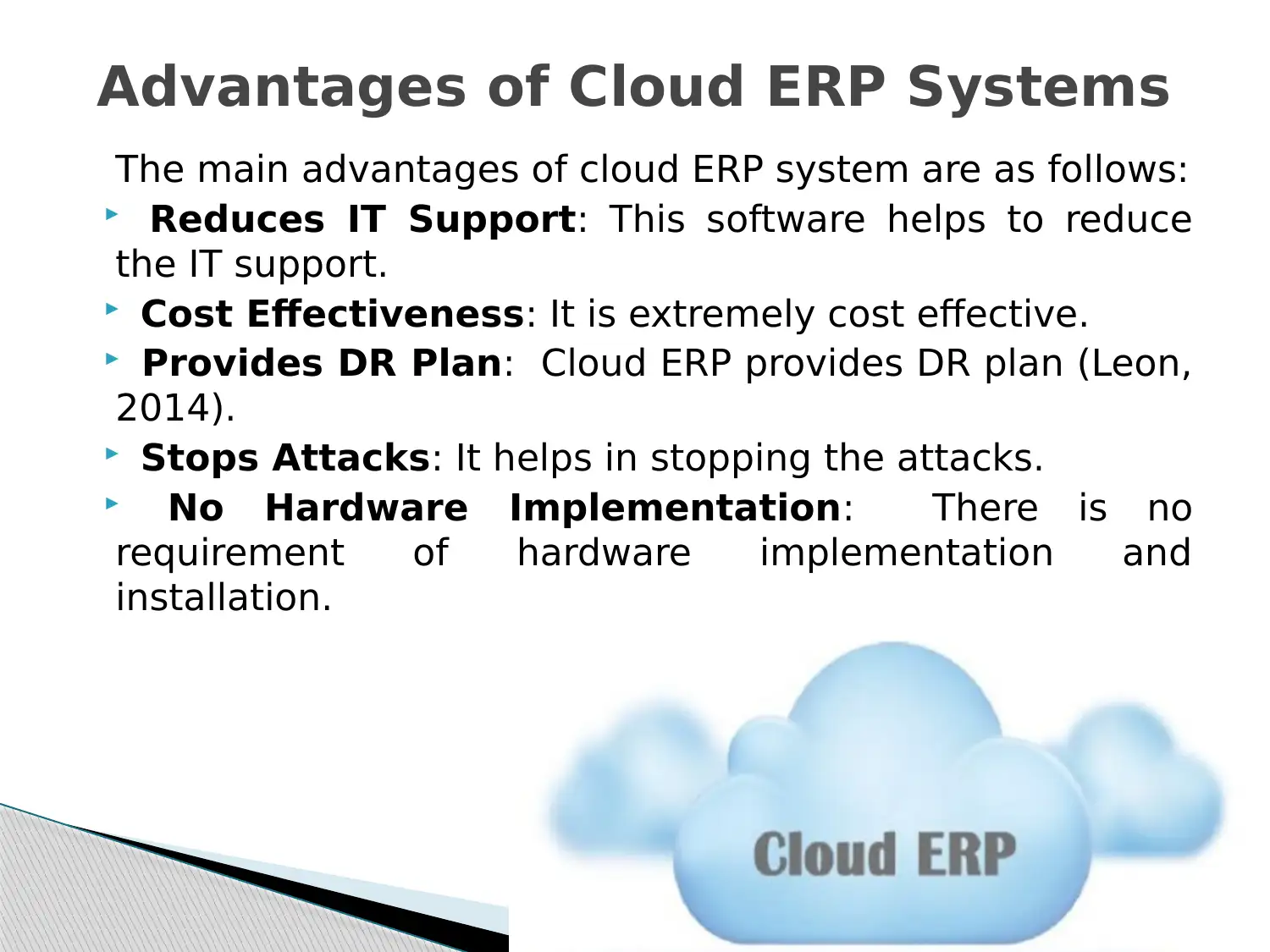
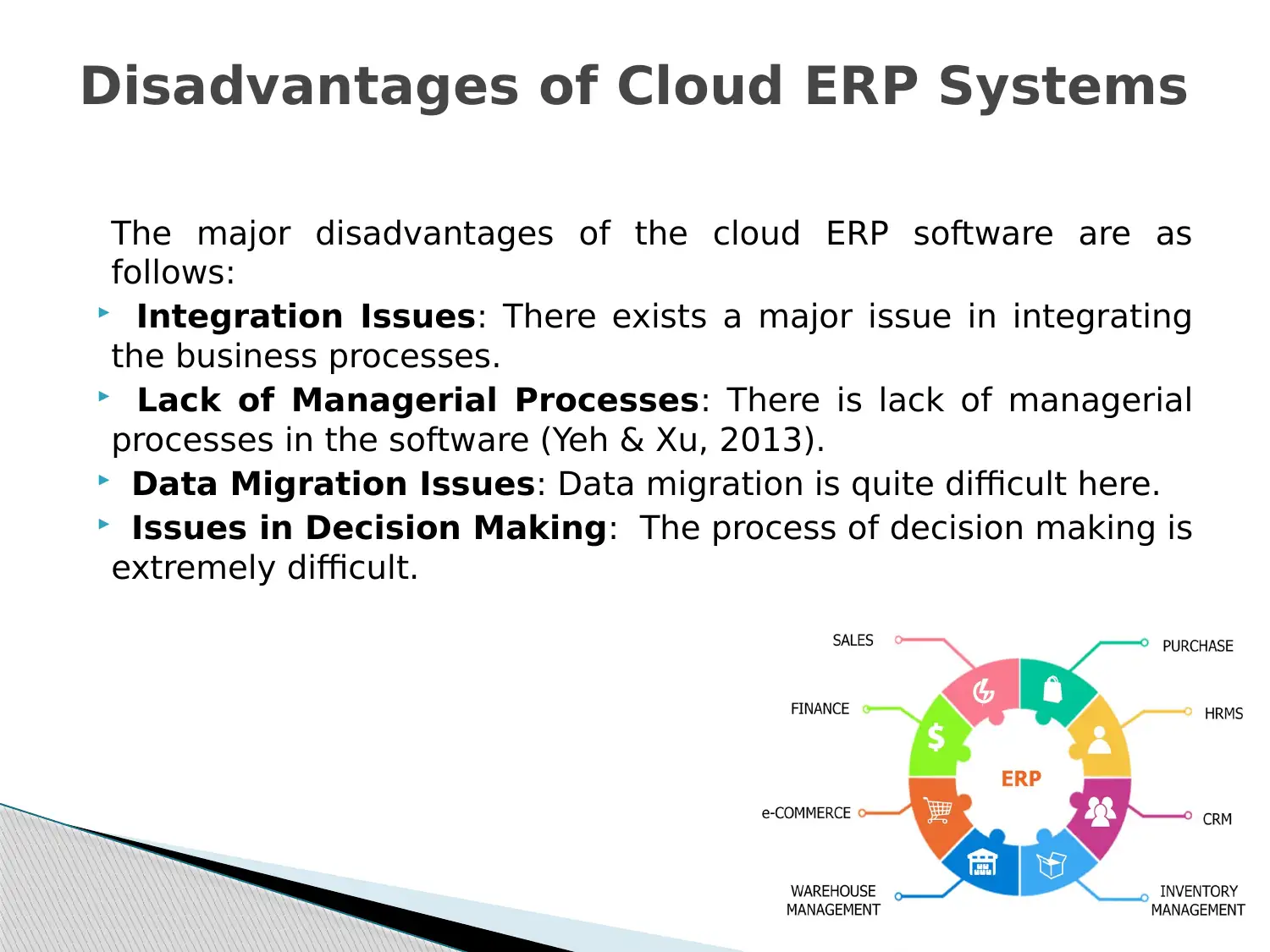





![[object Object]](/_next/static/media/star-bottom.7253800d.svg)